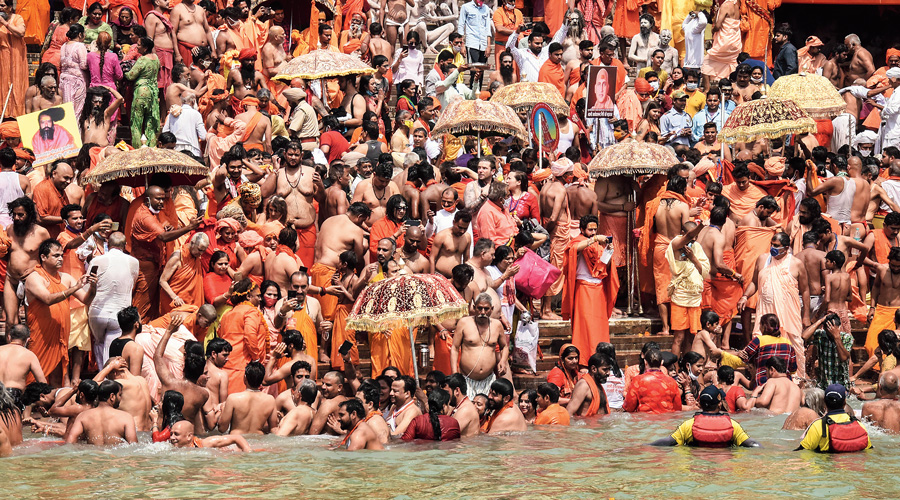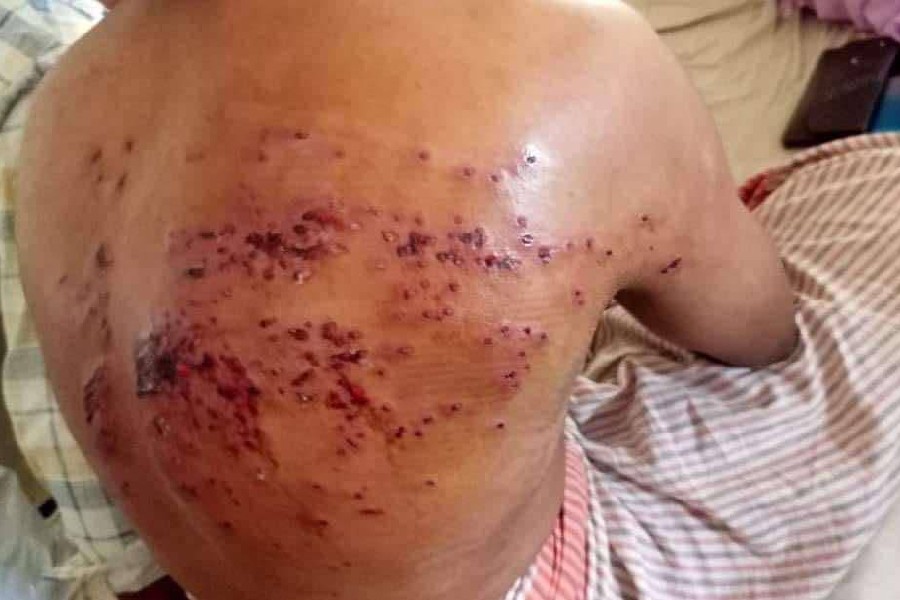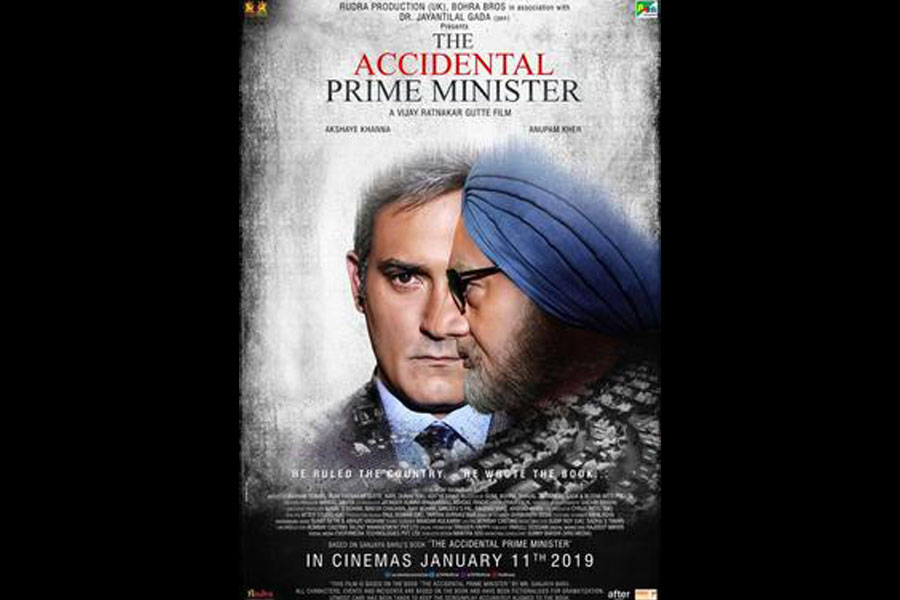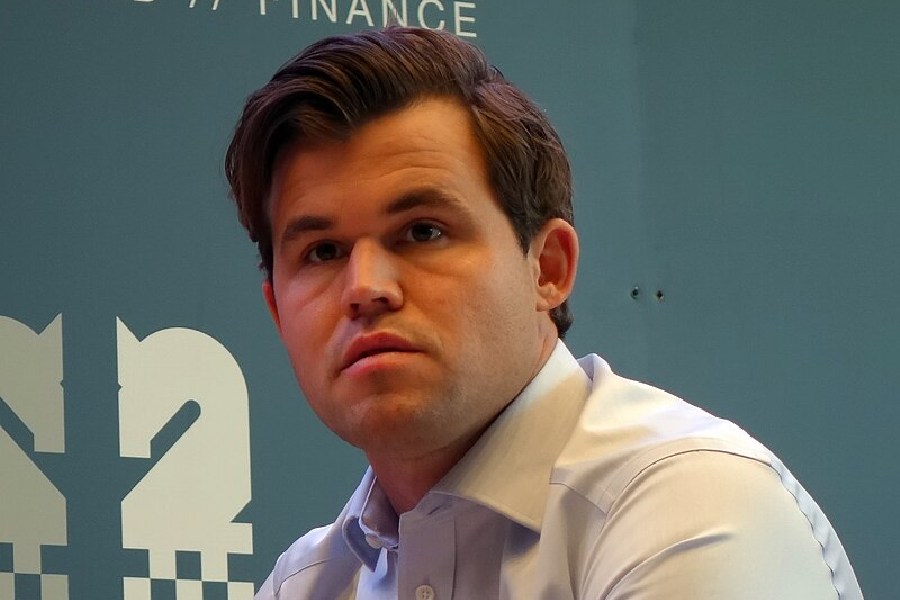The record-breaking rise in the number of deaths linked to Covid-19 in India has triggered concerns that as hospitals come under intense strain, some patients who could have been saved may be lost.
India on Saturday recorded 1,341 Covid-19 deaths over the previous 24 hours, the highest single-day count since the epidemic’s start.
Ten states accounted for over 86 per cent of these deaths with the highest count in Maharashtra (398), followed by Delhi (141), Chhattisgarh (138), Uttar Pradesh (103) and Gujarat (94).
Analysts believe the country’s Covid-19 death counts will continue to rise in the coming days as there is a lag between the new cases detected and the occurrence of deaths and as the coronavirus has spread into states and districts with weak healthcare infrastructure.
“I think the worst is still ahead — our daily numbers are still rising, our death counts will also increase,” said T. Sundararaman, a community medicine expert and a coordinator of the People’s Health Movement, a global network of health specialists.
The previous highest daily death count was 1,290 on September 15, marking the peak of the first wave.
Union health minister Harsh Vardhan in a review meeting on Saturday with the health ministers of 11 hardest-hit states exhorted them to increase hospital and oxygen-supported beds and other infrastructure to manage the epidemic’s surge.
Vardhan said the Centre, which had supplied 34,228 ventilators to various states last year, would now provide 1,700 more to Uttar Pradesh, 1,600 to Gujarat, 1,500 to Jharkhand, 1,121 to Maharashtra, 232 to Chhattisgarh and 152 to Madhya Pradesh.
But public health experts are worried that the healthcare infrastructure in many districts across some states is understaffed and too fragile to be able to deliver the levels of critical care required to manage patients with severe Covid-19.
“Ventilators alone may not help,” Sundararaman told The Telegraph. “Clinical management of the coronavirus disease is complex and requires trained doctors and nursing staff. Some districts are unlikely to have the staff or staff in the numbers required to handle increasing caseloads.”
Under these circumstances, medical experts and officials fear that patients who could be potentially saved through appropriate and timely treatment could die.
“We had ample time last year to prepare for what’s going on — the lockdown was intended to buy time,” said Oommen John, a physician and researcher at The George Institute for Global Health, New Delhi. “It looks increasingly as if India squandered away that opportunity to prepare.”
Experts say the inadequacies of healthcare systems were apparent long before Covid-19. “We know snakebite victims in rural areas are more likely to die because of lack of treatment facilities such as critical care,” John said. “Now, it is only the large numbers that are highlighting long-standing inadequacies.”
But even cities are reporting bed shortages. Household members of patients or friends, struggling to find beds, are turning to social media. The Delhi government has asked for additional beds in central government hospitals.
The Centre and states have so far set up over 1.8 million beds for Covid-19 patients, including about 468,000 beds in dedicated Covid-19 hospitals. Doctors say they expect no more than 10 to 15 per cent of patients to need hospital care.
India on Saturday recorded over 234,000 new Covid-19 cases, raising the total number of active patients to about 1.67 million. If 10 per cent of these patients need hospitalisation, the overnight extra bed requirement would be about 23,400.












